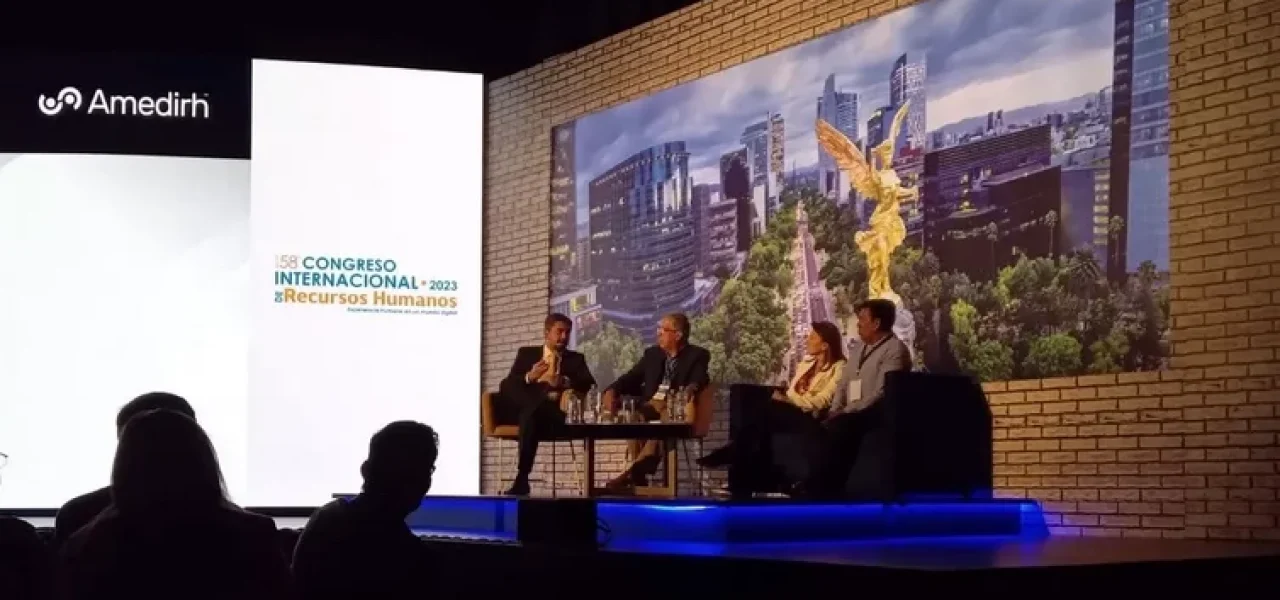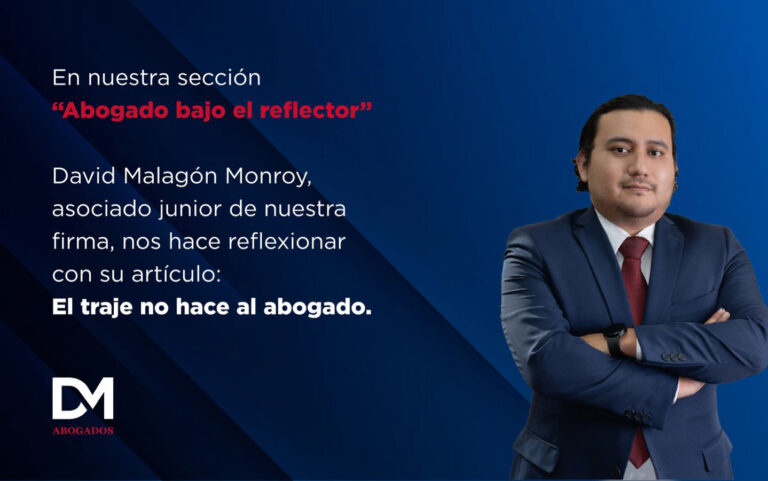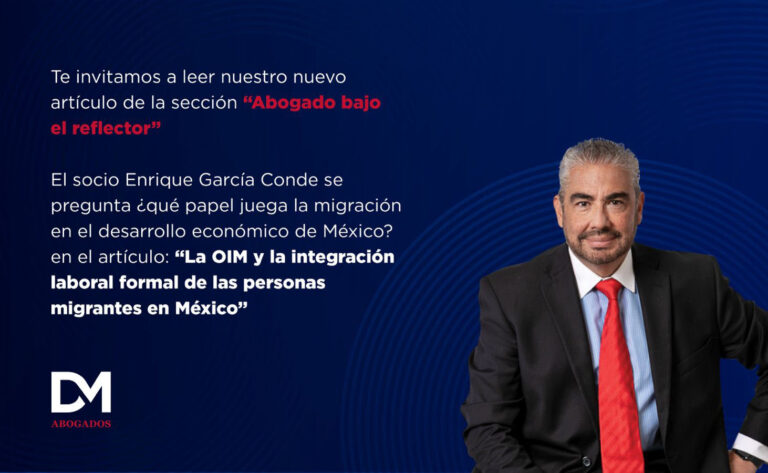“The world of labor is different, these are unprecedented times, and thinking that everything ended with the legitimation of collecting bargaining agreements is a mistake. This is just the beginning of everything that is coming”, and companies and Human Resources must come to terms with this, stated Hugo Araiza, corporate director of Labor Relations at Cemex México.
During a panel within the framework of the 58th International Congress on Human Resources of the Mexican Association in Human Resources Management (Amedirh), the executive stated that now, more than ever, companies must focus on the people. “The entire world of labor must focus on the worker, we now have to focus on the employee, whether we have unions or not.”
For Blanya Correal, international consultant and specialist in labor transformation, with the new rules of collective bargaining in the country “union life is moving at an unimaginable pace” and companies today must reflect on “whether people are not participating in a union because they are happy or because they are unaware of the new legal framework.”
“There are many ‘hands being asked for’ ”, she said. The specialist refers to the more than 800 certificates of representativeness that have been processed from May to date, a requirement established with the 2019 labor reform for unions to be able to negotiate collective bargaining agreements.
“We need to change the role of Human Resources; the topic of labor has to be part of the strategic priorities of the organization’s CEO. If the topic of labor is not included in this agenda, we will have a significant risk of affecting competitiveness. Of the certificates of representativeness that are being asked for, how many of them will turn into a “forced marriage”, Blanya Correal pointed out.
From the perspective of Leobardo Herrera, secretary general of the Independent Union of Nissan Mexicana Workers (CIVAC plant), the Human Capital departments must get on the train or the changes “will run them over”. “If we fail to treat the worker well at any given time, he will strike back every time that an integral revision comes along”, the union leader warned.
Faced with this scenario, Hugo Araiza emphasized that companies must prevent workers’ complaints. “This is something we have always known, but now it is really true, now it is regulated and now there are consequences.”
Specialists agreed that communication with the workers is an important tool for improving labor relations both for companies and for unions.
“Sometimes we believe the results of the rankings, and then Human Resources and the organization don’t want to see anything else. This is like a marriage, if I am not understanding what is happening in the other person’s reality on a daily basis, if I am not concerned about what is going on with the other person and I remain convinced that we are a happily married couple, then we will lose the opportunity of maintaining the connection”, Blanya Correal pointed out.
For his part, Leobardo Herrera considered that in the current world of labor, the most successful companies will be those that are consistent between what they communicate to their collaborators and the actions that they put into practice.
“We are facing a situation in which the company’s labor culture must change, we need to understand that those workers that for a long time we used to talk to as if they were small children now need to be addressed as adults”, complemented Blanya Correal.
Labor changes will continue.
Manuel García Garrido, founding partner of Ibáñez Parkman, pointed out that changes are expected to continue to be made in labor legislation. “The hours of the working day are very likely to be reduced”. This scenario raises the need of a preventive approach by the companies.
In this sense, the specialist said, companies must prepare for the changes and not wait until the reforms arrive. “It is a global trend and beware, Mexico as a country has the longest working day.”
Faced with this scenario, Blanya Correal recommended the areas of Human Capital to visit the work centers as union general secretaries, because labor disputes are generated by unattended complaints, she emphasized.
Hugo Araiza explained the Human Resources needs “new and different practices. What was done before no longer works in these times.” Data analysis, being close to the talent and the development of leadership are formulas that will define labor relationships and companies need to get on board with this.”




